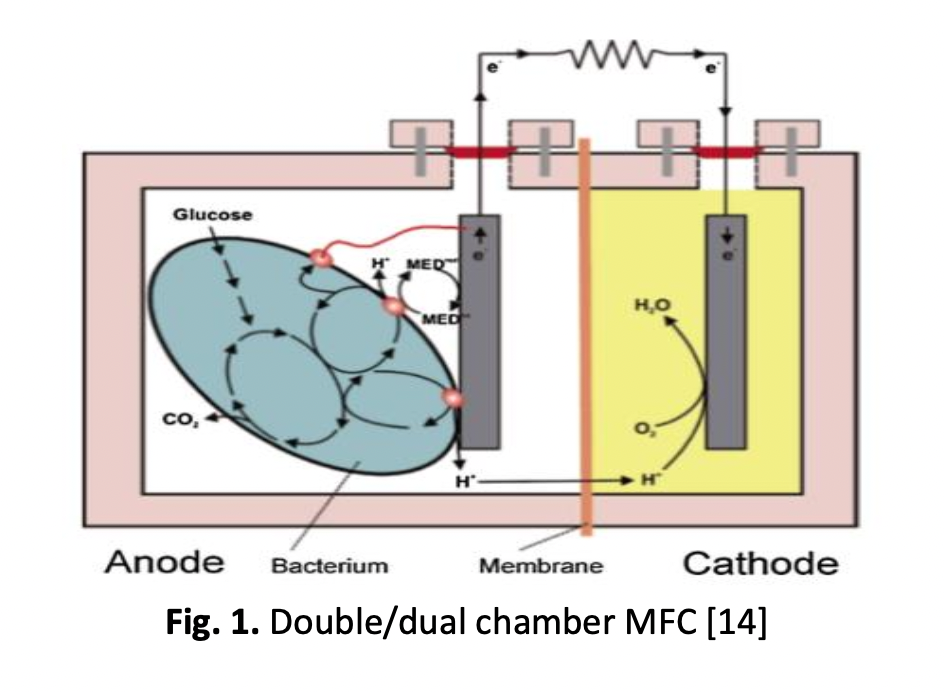Electricity Generation through Microbial Fuel Cells Utilizing Leftover Rice as Food Waste
DOI:
https://doi.org/10.37934/araset.31.3.299316Keywords:
Microbial fuel cell, food waste, environment, electricityAbstract
Organic food waste management has been a major issue for the environment, as it poses a significant threat to human health and the ecosystem. Converting this waste into a valuable resource is crucial for sustainable development. In this project, we aim to develop a microbial fuel cell (MFC) using leftover rice as a substrate, which can generate electricity through the electrochemical reactions of microorganisms. The main objectives of this study are to investigate the performance of MFCs under two different conditions: with and without a mediator and catalyst. The experimental results showed that both designs of MFCs achieved optimized outputs, with a minimum of 5V voltage output. This demonstrates the potential of MFCs as a promising alternative renewable energy source. MFCs can be utilized as a sustainable energy source, particularly for rural areas, where access to electricity is limited. Furthermore, large-scale operation of MFCs can significantly reduce food waste, which has a significant impact on health and the environment. By converting food waste into electricity, this technology can help mitigate the negative effects of waste accumulation and contribute to the transition towards a circular economy.
Downloads




























